Safe Occupations?
Lately, I’ve seen a lot of conversations online that go a little something like: “AI is taking jobs in every industry. When the dust settles, a lot of people will be desperate without a way to pay their bills. [My industry or occupation] is safe: it’s time to switch careers into [mine], which will never get automated because [reason!]”
I’ve heard:
[teaching] [human connection is irreplaceable]
[programming][some one has to build the AI]
and even [real estate] [relationships and problems-solving are not automatable]
From within a profession, it is very clear to the authors of each of these arguments why current tools are limited or unable to replace job tasks as they are currently done. Perhaps it’s only practical, legal, or socially acceptable for humans to do a large portion of your job right now. Perhaps humans are able to produce much higher quality, or the market expects personalized service.
However, it’s certainly not unheard of for the market to change its standards and norms when automation lowers costs. Take furniture manufacturing, for example. Furniture was once handmade. Pieces of furniture that you purchased from a craftsman were sturdy and beautiful. You can see the evolution of art and political history in the chair.
Some old chairs, courtesy of the Getty’s public domain collection
It would have been easy to sit in the furniture industry, watch the rise of manufacturing, and remain confident that manufacturing techniques would never be able to match the quality of your work. You wouldn’t be wrong! But you would be wrong to assume that your position making handcrafted furniture was safe because of that gap
It turned out that there was a substantial market for cheaper furniture, even if it was less durable and less beautiful. And this wasn’t only in the low end of the market: today, you will see mass-manufactured furniture in wealthy homes, too. There are still people hand-making high-quality furniture, but the market is (proportionately) much smaller. We call this type of work “artisanal” to emphasize that it is made by human hands (and you should expect to pay more for it).
In the context of automation, the history of furniture teaches us that just because technology cannot replicate the work you do today does not mean that your job is safe. Don’t rule out that your occupation, industry, market, or regulatory environment might change to accommodate automation.
What you can do:
Don’t dismiss the power of AI to change your job. Even if there are no deskilling and replacement threats, it could change the way you do your job so radically that workers need to build new skills to stay competitive. For example, your job might soon require more prompt writing, quality control, or relationship building as AI proliferates. If you aren’t considering the possibility that AI might disrupt your job or you insist that the “old way” cannot be changed because it is better, you could be left behind.
Upskill early and often. Even (or even especially) if new skills are not a requirement to stay competitive, they could give you an edge. For example, a programmer who can code and improve workflows, manage people, or communicate with clients will be more valuable than one who only codes. A teacher who can build AI-assisted learning experiences or teach students AI literacy stands out from the crowd. A real-estate agent who can work more quickly with AI augmentation can make more.
Lean into being an artisan. When automation lowers costs, disrupts an industry, and leaves behind only artisans, those artisans can offer something that the bulk of the industry cannot. There is not room for as many artisans, but you can try to position yourself to be one of them. For example, I spoke recently to someone working for a creative marketing agency, and her first reaction when I asked about AI impact on her industry was ~“it can help people with resource limitations, and I think that’s great! We offer more of a white glove experience, so that’s not really threatening to us.” Joanna Penn, a popular voice in the writing space, calls herself an “AI-assisted artisan author.”
If you want to take this path, look into specializing. For example, in real-estate, you might focus on complex transactions or luxury property. In teaching, personalized tutoring or special learning needs. In programming, custom solutions and emerging technology. The key is identifying what clients will pay premium prices for when cheaper automated alternatives exist.
Ready to start learning about AI in your field? Subscribe to the newsletter and download your free Mission-First AI Starter Kit.
__
LLM disclosure:
I had a lot to say on this! No time to write any prompts.


